E-mail Us
Is It Good To Brush Your Teeth With Salt
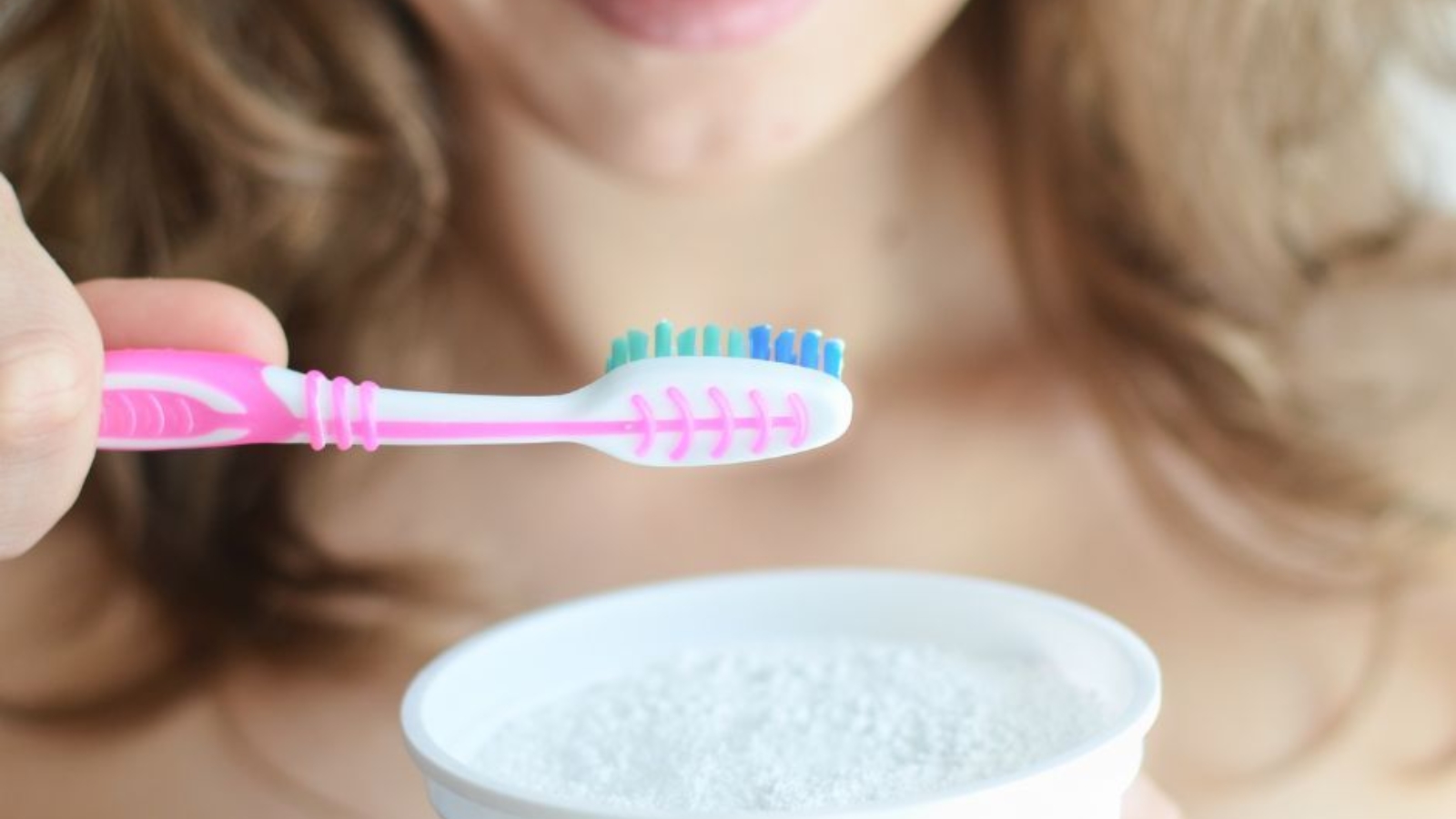
Saltwater rinses have been used for centuries as a home remedy for various oral health issues. From soothing sore throats to relieving toothaches, many people have turned to saltwater as a natural alternative to commercial mouthwashes. But is it really effective, and is it safe to brush your teeth with salt?
Let’s delve into the science behind saltwater rinses and explore whether they are a beneficial addition to your oral hygiene routine.
The Science Behind Saltwater Rinses
Saltwater, or a saline solution, is a simple mixture of water and salt. The combination of these two elements creates a hypertonic solution, meaning it has a higher concentration of salt than the surrounding tissues. This property plays a crucial role in the potential benefits of saltwater rinses.
How Saltwater Works:
Osmosis:
When you rinse your mouth with salt water, the hypertonic solution draws water out of the inflamed tissues, reducing swelling and discomfort. This can be particularly helpful for conditions like gingivitis or canker sores.
Antibacterial Properties:
Salt has natural antibacterial properties that can help kill harmful bacteria in the mouth. This can contribute to a healthier oral environment and reduce the risk of infections.
pH Balance:
Saltwater can help maintain the pH balance in your mouth, which is important for preventing tooth decay and gum disease.
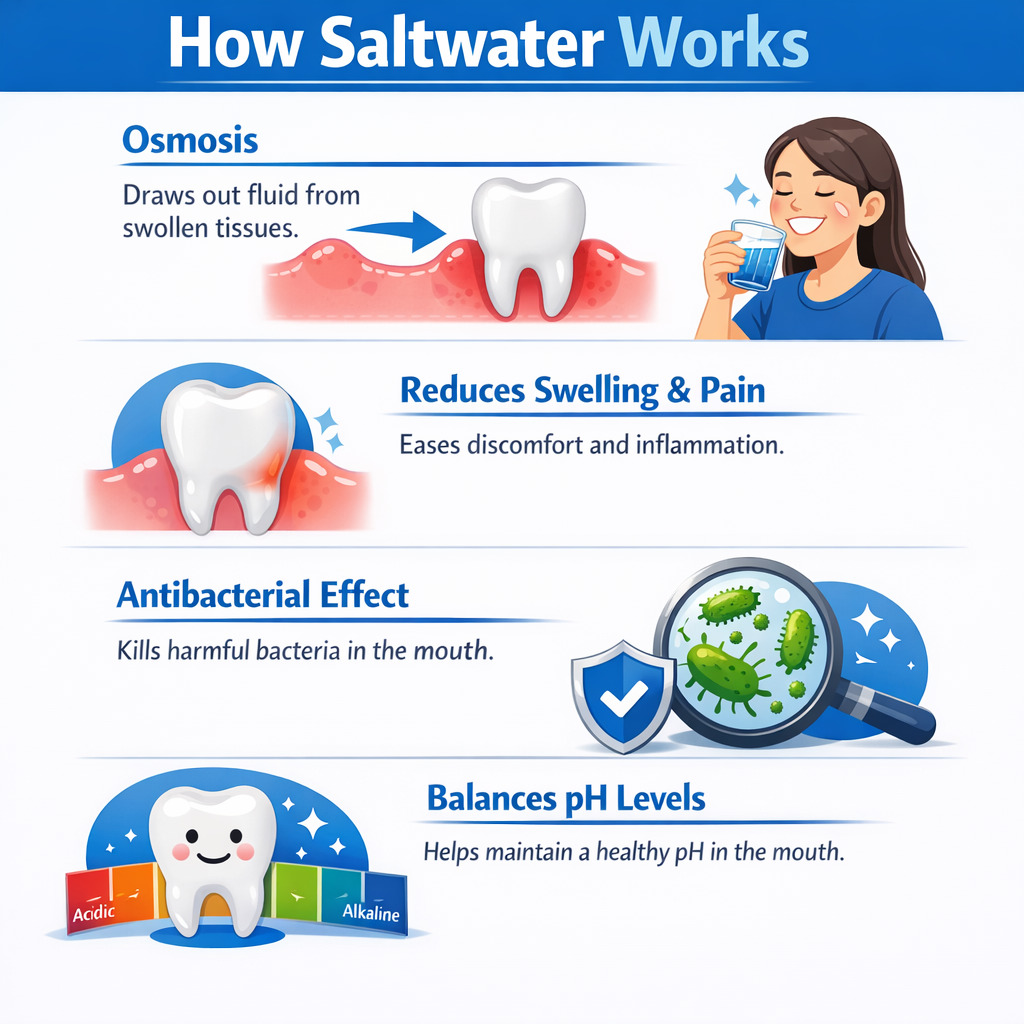
Benefits of Using Saltwater to Brush Your Teeth
While there is no scientific evidence to support the use of salt water as a substitute for toothpaste, rinsing your mouth with salt water can offer several benefits:
Soothes Sore Gums:
If you have inflamed or sore gums, a saltwater rinse can provide temporary relief by reducing swelling and discomfort.
Helps with Mouth Ulcers:
Saltwater can help heal mouth ulcers or canker sores by drawing out excess fluid and promoting healing.
Reduces Bad Breath:
Saltwater can help eliminate bacteria that contribute to bad breath, leaving your breath feeling fresher.
Post-Surgery Care:
After dental surgery, your dentist may recommend using a saltwater rinse to keep your mouth clean and prevent infection.
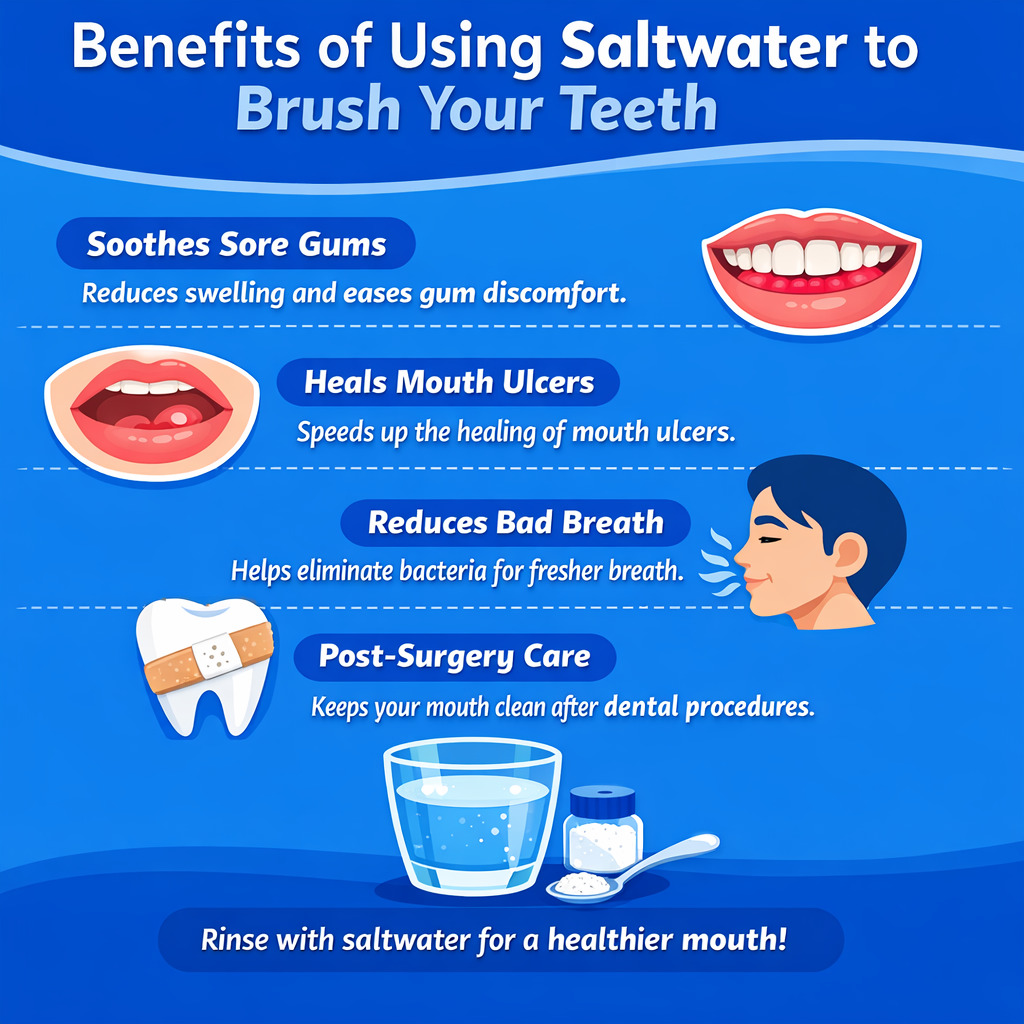
How to Use Saltwater to Brush Your Teeth
To use a saltwater rinse, follow these simple steps:
- Mix the Solution: Dissolve half a teaspoon of salt in a cup of warm water.
- Rinse Your Mouth: Swish the salt water around your mouth for at least 30 seconds, making sure to reach all areas.
- Spit Out: Don’t swallow the saltwater.
- Repeat: You can repeat the rinse several times a day, especially if you have a specific oral health concern.
Is It Safe to Brush Your Teeth with Salt?
While saltwater rinses are generally safe, it’s important to use them in moderation and not as a replacement for regular brushing and flossing. Excessive use of saltwater can lead to dry mouth and irritation of the oral tissues.
Tips for Safe Use:
- Don’t Swallow: Always spit out the saltwater after rinsing.
- Use in Moderation: Limit the use of saltwater rinses to a few times a day.
- Consult a Dentist: If you have persistent oral health problems, consult a dentist for professional advice.
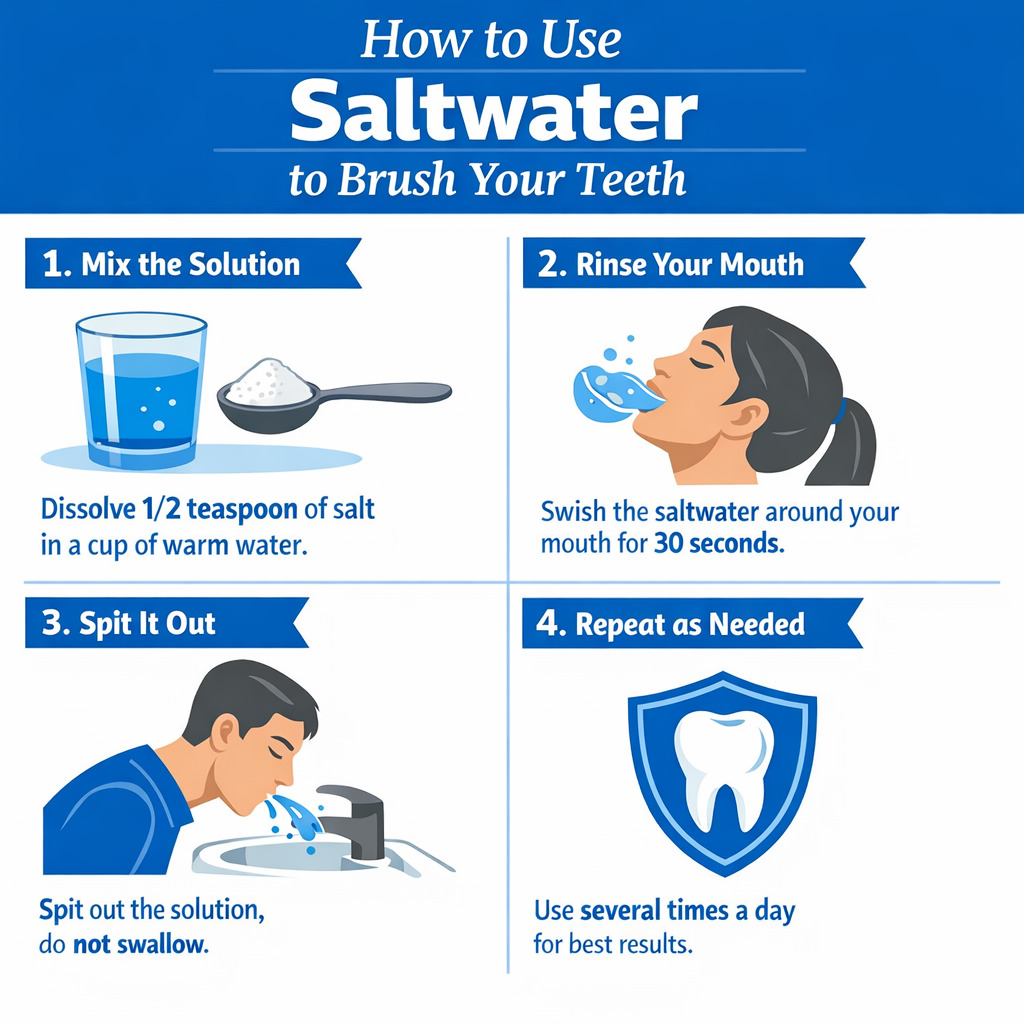
When to See a Dentist
If you experience any of the following symptoms, it’s important to see a dentist:
- Persistent pain or discomfort
- Bleeding gums
- Bad breath
- Swollen gums
- Loose teeth
- Sores or ulcers that don’t heal
A dentist can diagnose the underlying cause of your symptoms and provide appropriate treatment.
Brush Your Teeth With Salt? While saltwater rinses can complement your oral hygiene routine, they should never replace regular brushing and flossing. Used in moderation and with proper technique, saltwater rinses offer potential benefits. If you’re concerned about your oral health or need professional care, visit your trusted dentist in Upland for personalized advice and treatment to keep your smile healthy.
Frequently Asked Questions About Brushing Teeth With Salt and Saltwater Rinses
Brushing with plain salt every day is not recommended. Salt crystals are abrasive and can wear down enamel and irritate gums over time. Occasional use or saltwater rinses are safer than direct brushing with salt.
Most dentists recommend using a saltwater rinse 1–3 times per day for short periods, such as during gum irritation or healing after dental work. Long-term daily use isn’t necessary for most people.
Saltwater can temporarily reduce inflammation and bacteria, offering relief for mild gum irritation. However, gum infections and gingivitis require proper dental cleaning and professional care to resolve fully.
Dissolve about half a teaspoon of salt in a cup of warm water. Swish gently for 30 seconds and spit it out. Do not swallow the solution.

